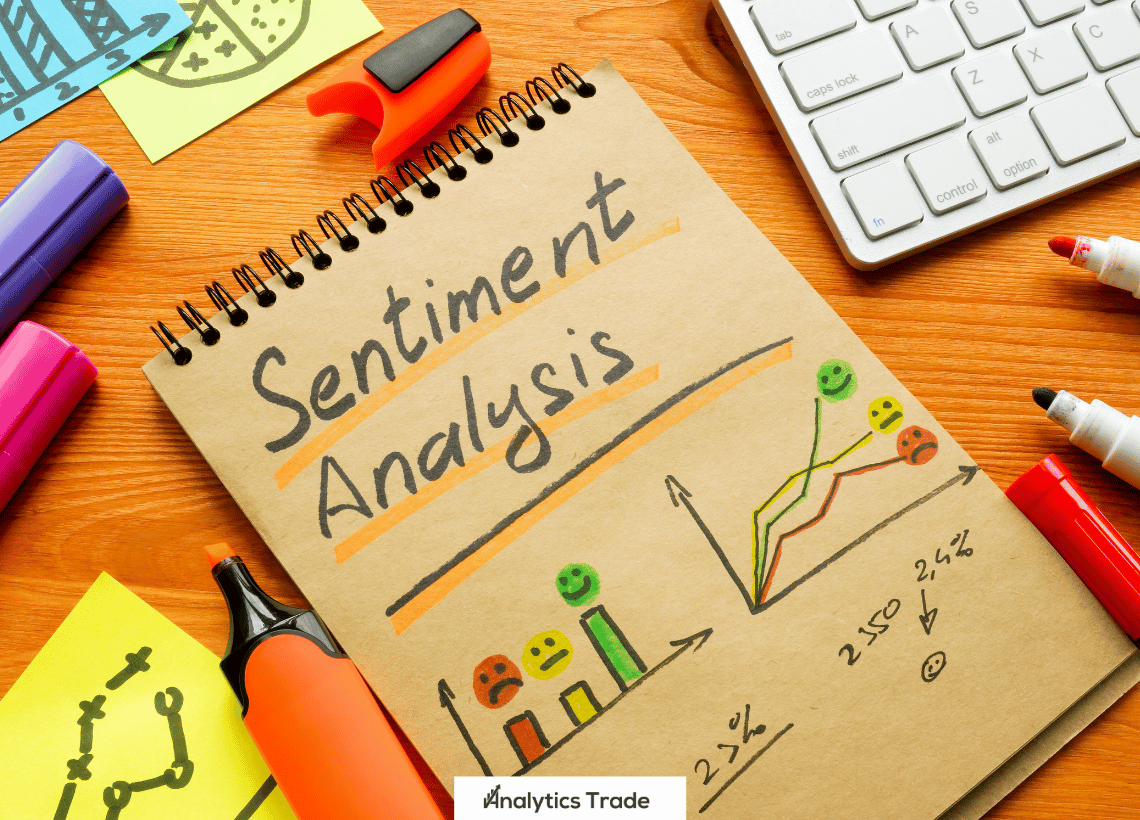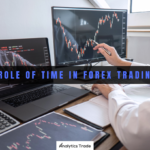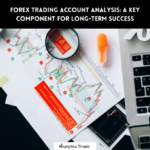What is Market Sentiment?
Market sentiment is the collective attitude of investors towards a particular security or market. It is based on the collective opinion of market participants, and it can be used to gauge the overall direction of a market. Market sentiment is often used to predict future price movements, as it can provide insight into how investors are feeling about a particular security or market.
How Does Market Sentiment Affect Trade Duration in Forex Trading?
Market sentiment can have a significant impact on the duration of a trade in the forex market. When market sentiment is positive, traders are more likely to hold onto their positions for longer periods of time. This is because they are confident that the market will continue to move in their favor. On the other hand, when market sentiment is negative, traders are more likely to close out their positions quickly, as they are uncertain about the direction of the market.
Impact on Entry and Exit Points
Market sentiment can also have an impact on the entry and exit points of a trade. When market sentiment is positive, traders are more likely to enter a trade at a higher price, as they are confident that the market will continue to move in their favor. On the other hand, when market sentiment is negative, traders are more likely to enter a trade at a lower price, as they are uncertain about the direction of the market.Similarly, when market sentiment is positive, traders are more likely to exit a trade at a higher price, as they are confident that the market will continue to move in their favor. On the other hand, when market sentiment is negative, traders are more likely to exit a trade at a lower price, as they are uncertain about the direction of the market.
Impact on Risk Management
Market sentiment can also have an impact on risk management. When market sentiment is positive, traders are more likely to take on more risk, as they are confident that the market will continue to move in their favor. On the other hand, when market sentiment is negative, traders are more likely to take on less risk, as they are uncertain about the direction of the market.
Impact on Trading Strategies
Market sentiment can also have an impact on trading strategies. When market sentiment is positive, traders are more likely to use aggressive strategies, as they are confident that the market will continue to move in their favor. On the other hand, when market sentiment is negative, traders are more likely to use conservative strategies, as they are uncertain about the direction of the market.
Conclusion
Market sentiment can have a significant impact on the duration of a trade in the forex market. When market sentiment is positive, traders are more likely to hold onto their positions for longer periods of time, enter a trade at a higher price, exit a trade at a higher price, take on more risk, and use aggressive strategies. On the other hand, when market sentiment is negative, traders are more likely to close out their positions quickly, enter a trade at a lower price, exit a trade at a lower price, take on less risk, and use conservative strategies.
Answers and Questions
Q: What is market sentiment?
A: Market sentiment is the collective attitude of investors towards a particular security or market. It is based on the collective opinion of market participants, and it can be used to gauge the overall direction of a market.
Q: How does market sentiment affect trade duration in forex trading?
A: Market sentiment can have a significant impact on the duration of a trade in the forex market. When market sentiment is positive, traders are more likely to hold onto their positions for longer periods of time. On the other hand, when market sentiment is negative, traders are more likely to close out their positions quickly.
Q: What impact does market sentiment have on entry and exit points?
A: When market sentiment is positive, traders are more likely to enter a trade at a higher price, as they are confident that the market will continue to move in their favor. On the other hand, when market sentiment is negative, traders are more likely to enter a trade at a lower price, as they are uncertain about the direction of the market. Similarly, when market sentiment is positive, traders are more likely to exit a trade at a higher price, as they are confident that the market will continue to move in their favor. On the other hand, when market sentiment is negative, traders are more likely to exit a trade at a lower price, as they are uncertain about the direction of the market.
Q: What impact does market sentiment have on risk management?
A: When market sentiment is positive, traders are more likely to take on more risk, as they are confident that the market will continue to move in their favor. On the other hand, when market sentiment is negative, traders are more likely to take on less risk, as they are uncertain about the direction of the market.
Q: What impact does market sentiment have on trading strategies?
A: When market sentiment is positive, traders are more likely to use aggressive strategies, as they are confident that the market will continue to move in their favor. On the other hand, when market sentiment is negative, traders are more likely to use conservative strategies, as they are uncertain about the direction of the market.
Summary
Forex trading is a complex and dynamic market, and understanding how market sentiment affects trade duration is essential for successful trading. Market sentiment can have a significant impact on the duration of a trade in the forex market. When market sentiment is positive, traders are more likely to hold onto their positions for longer periods of time, enter a trade at a higher price, exit a trade at a higher price, take on more risk, and use aggressive strategies. On the other hand, when market sentiment is negative, traders are more likely to close out their positions quickly, enter a trade at a lower price, exit a trade at a lower price, take on less risk, and use conservative strategies. It is important for traders to be aware of market sentiment and how it can affect their trading decisions. By understanding the impact of market sentiment on trade duration, traders can make more informed decisions and increase their chances of success in the forex market.






Comments